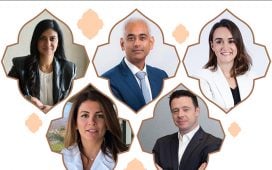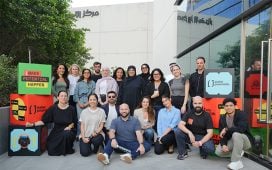By Jalaja Ramanunni
There is a noticeable shift in the world of marketing towards an Arabic-first approach where campaigns are created after considering local insights and cultural relevance. This change has been driven by the increasing awareness among clients and marketing teams about the importance of authenticity in connecting with consumers in the Arab region.
This emphasis on cultural authenticity has become a key consideration for marketing teams in the region. Arabic copywriters are now involved from the briefing stage to ensure the content is created with a genuine Arabic voice.
Rani Amayri, Creative Director at IMPACT BBDO shares, “International brands such as Pepsi ha
To continue reading this article you need to be registered with Campaign. Registration is free and only takes a minute. Register Now or sign in below if you already have an account.









